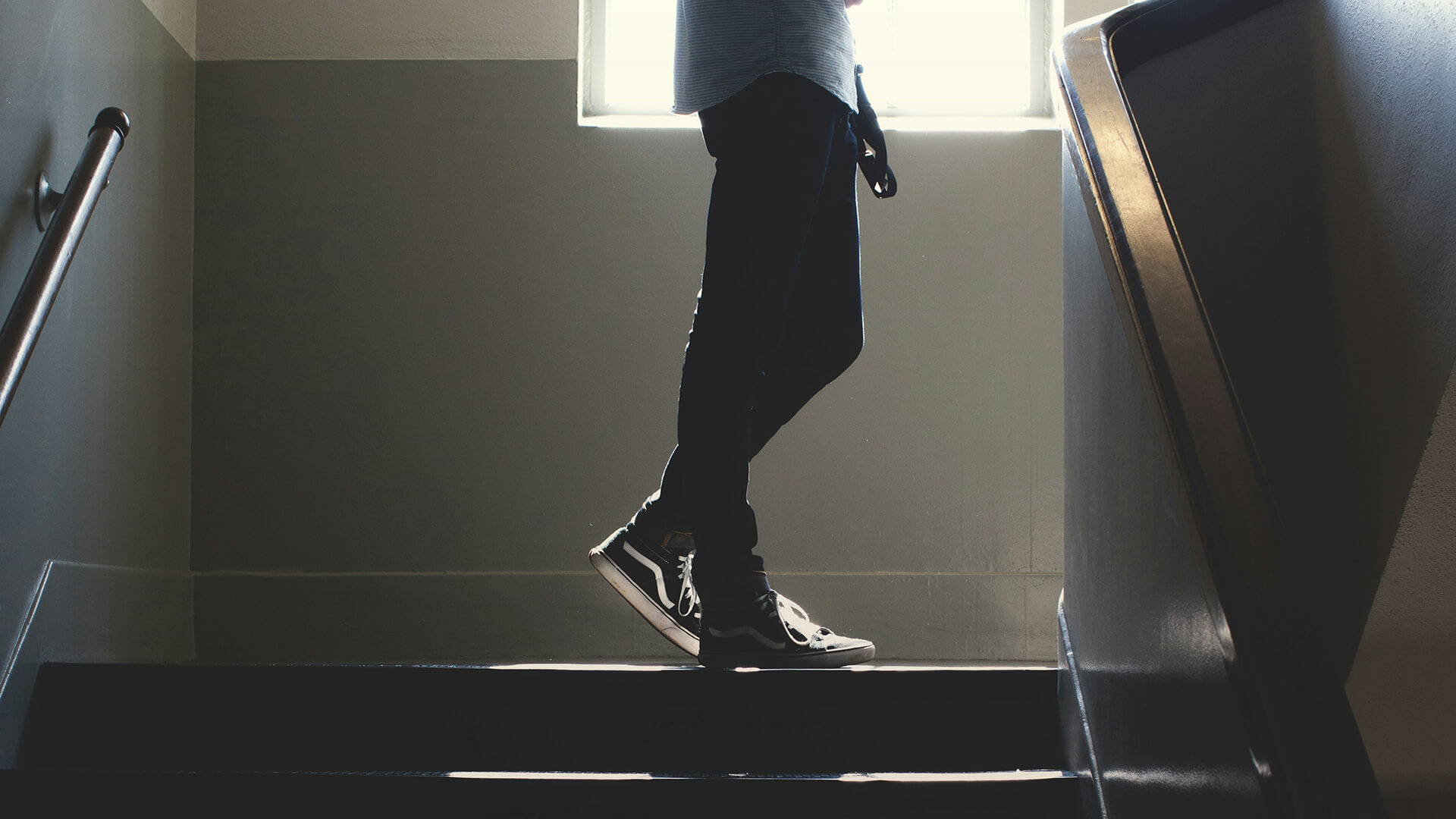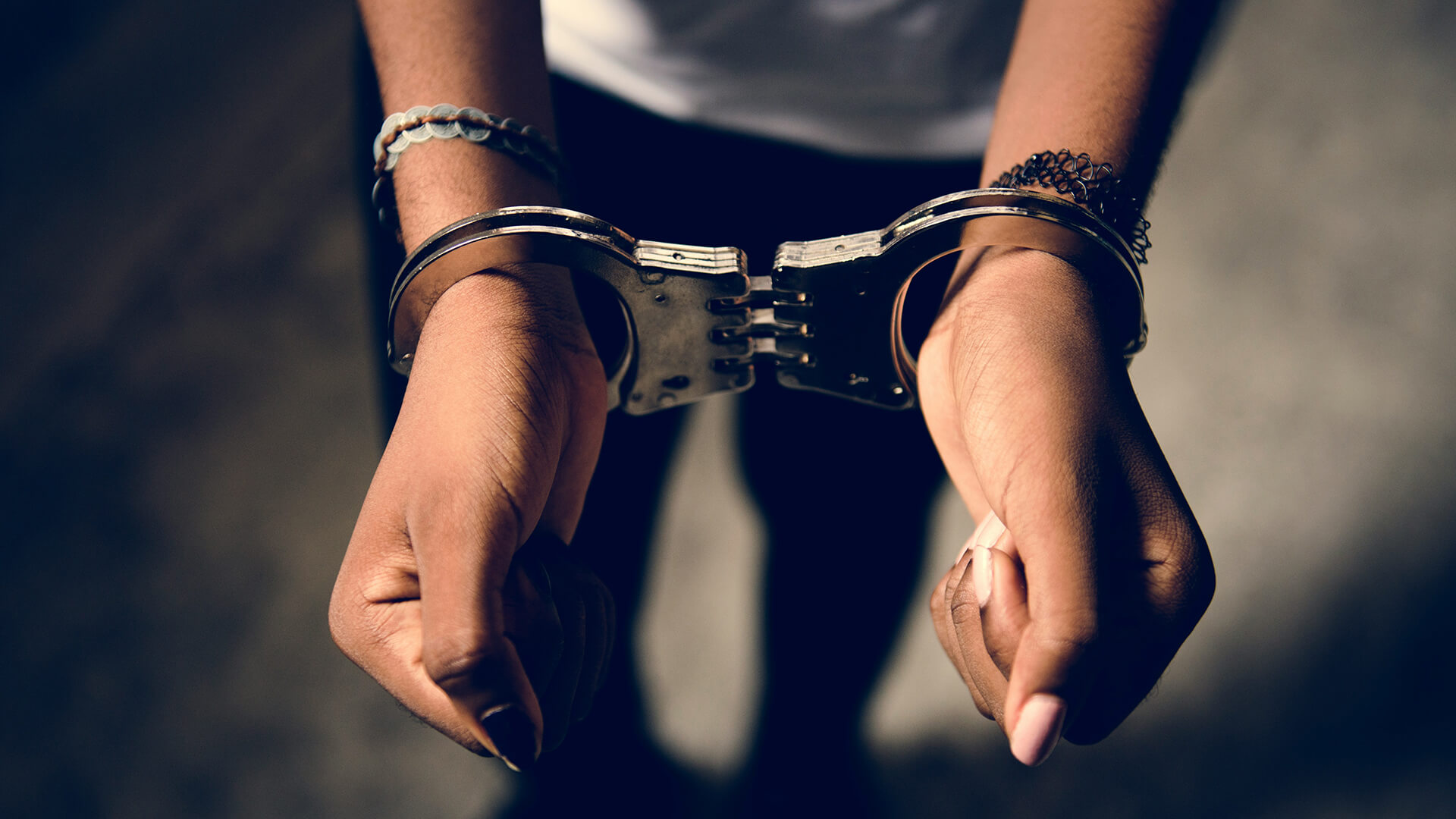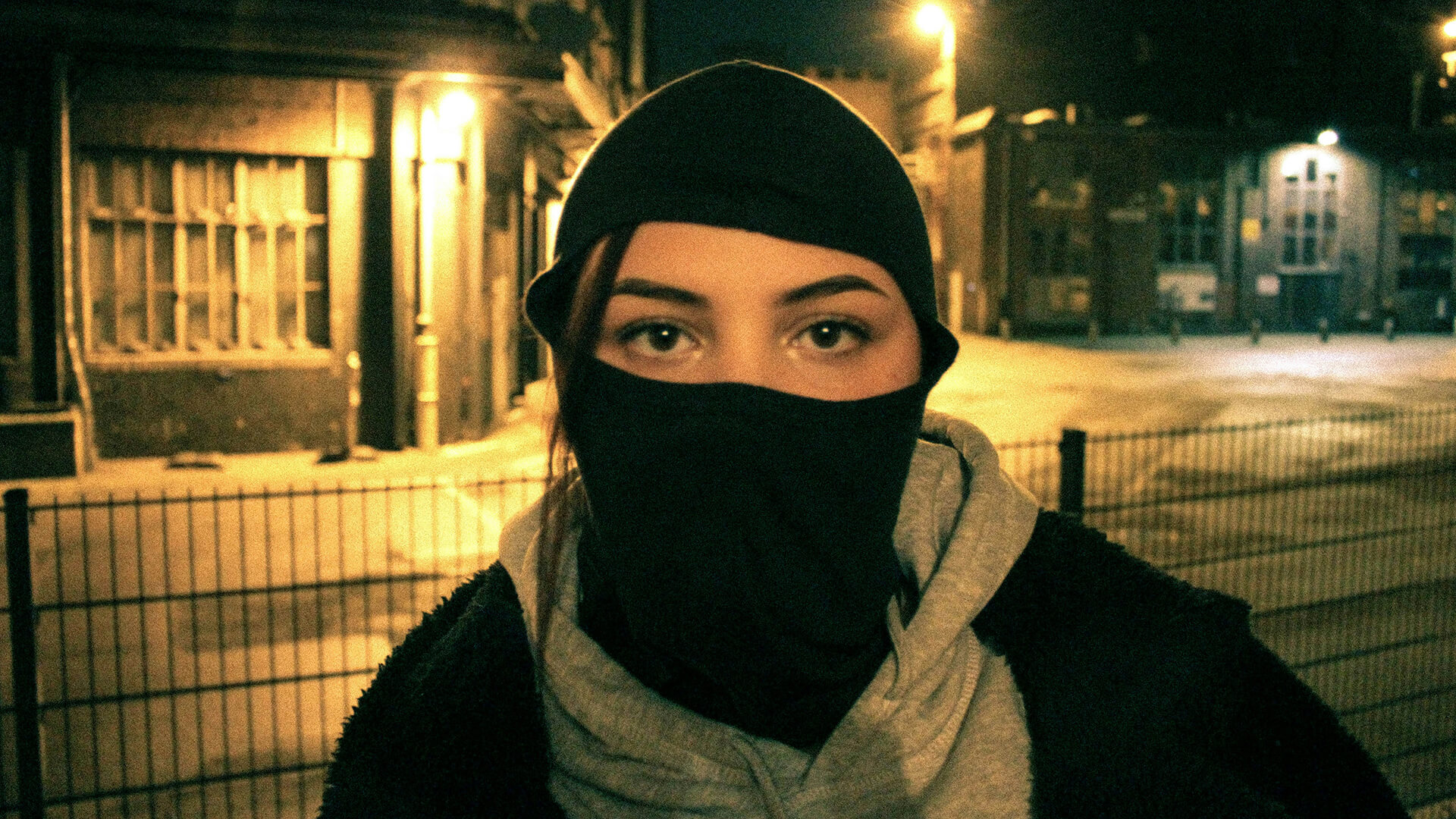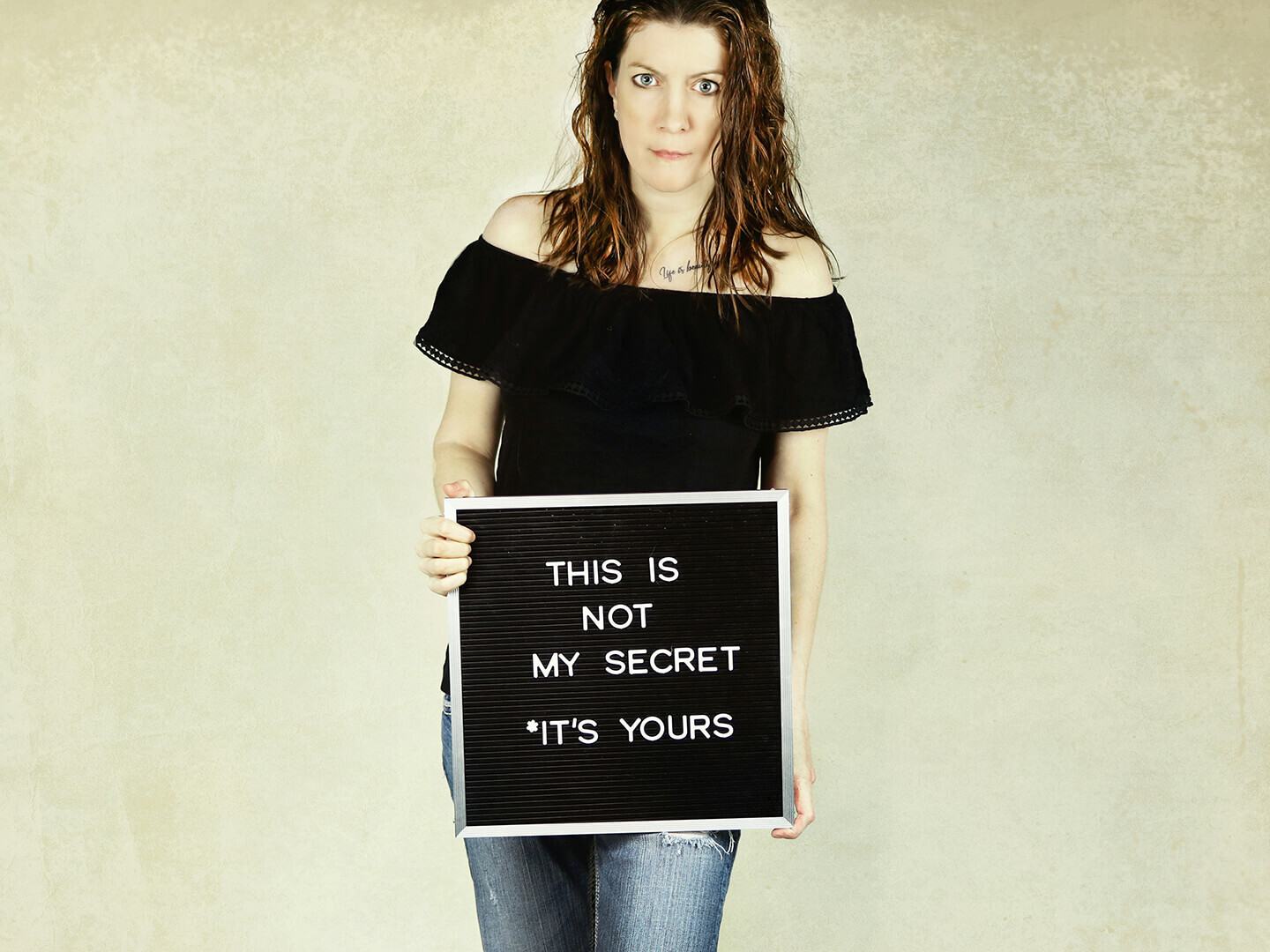No one can have missed the coverage of the police shootings in Porvoo, where two brothers are in jail for attempted murder of police officers. It has also been difficult to avoid reporting on the brothers’ history and comments from childhood acquaintances that they were “not surprised” by the events.
However, the purpose of this text is not to speculate on what caused these events, that is for the police and prosecutors to do. Nor is this text intended to be a “tell-tale” of the horrific acts. Instead, I want to raise the question of what lies behind such acts, not just these events, but tragic events of this kind in general.
Over the past few years, there have been a steady stream of horrific cases where the perpetrator (most of them male) has decided to take the lives of others. In general, the common thread in the initial reports has been that everyone was “surprised” and no one had “thought of such a thing”, and that the perpetrator was like “any of us”. As reporting progresses, comments similar to those in the Porvoo case, that people “are not surprised” and that the perpetrators “should have got help”, are usually made. So why is it that these things still happen, that no one reacts in time, or if they do, that help or preventive measures have not helped?

Why one person grows up to be a criminal and another a victim?
In order to explore this topic further, we need to go all the way back to childhood, because much of how we perceive and understand the world is born out of the events and experiences of our childhood. Taking our history into account is also important because a large proportion of the people who have caused suffering to other people and to humanity in general have carried the anger and rage that led to these events all the way back to childhood. It may have been school bullying, hostile parenting or violence. None of these, of course, justify the acts, but it is necessary to bear this in mind in order to move forward. So what is it that makes one person grow up to be a criminal and another a victim?
There are many people among us who express their dark thoughts through writing or art, and even in conversation. Is this dangerous? And what about those who are interested in horror films, war movies or violent games? It is clear that research shows that such connections do not lead to people becoming criminals.

Why one person grows up to be a criminal and another a victim?
I certainly do not want to take the side of the criminals or defend their actions, but to draw attention to what is really wrong. What we are seeing today is a pattern where more and more people are committing more terrible acts, most of them are being held accountable for their actions, but nothing is really changing. They get treatment, but not effective enough, future offenders are not identified and the violence continues. The whole system is paralysed.
If we suspect that a person might be committing a terrible act, we can always try to persuade them to seek help.
Most likely, the person will not accept help, because people with antisocial traits have no need to accept help and are not willing to change themselves.
We can report them to the police, but even that does not guarantee that the act will not be committed.
method (Acceptance and Commitment Therapy), which has been used in several institutions in the US and the results of the studies have been positive.
Aggression has been reduced among people who have undergone this treatment.
The methodological studies that have been done so far have been done on people who have already been classified as criminals, and although the studies show good results in terms of reduced aggression, among other things, this is not enough in my world.
If we want these crimes not to happen at all, it is not enough that those who have already committed crimes are not given the opportunity to repeat them.
Everything I have written so far concerns adults, or nearly adults, who commit crimes.
Is there really nothing we can do before they become adults?
And yes, that is exactly what we should be doing.
It is absolutely impossible to say with certainty what makes a person a criminal.
But we do know that most offenders have been exposed to traumatic experiences in childhood and have their own experience of being a victim.
We also know that most have interpersonal problems.
Is there a way to spot them earlier?
If we ask the children, I’m pretty sure that in every group of children there is a child who lies, makes up stories, harms others in some way.
But this does not mean that they will become criminals, instead these are signs of a child with interpersonal problems.
However, we cannot distinguish between who grows up to be a criminal and who grows up to be a victim.
Instead, we can include all children and work with them on an equal footing, and in this way provide equal education for all.
Because that is where it all starts.
A child who has been trained in emotional expression and social skills from a very young age has a better chance of resolving conflicts through talking and fewer psychological problems.

This is as difficult as it gets.
So what is the reason why these terrible acts are still happening?
The whole text has been about the criminals, but we must not forget the victims.
Studies show that those who have been exposed to violence, abuse or crime have a higher risk of developing mental or somatic illnesses.
They are also at greater risk of becoming marginalised, unemployed, homeless, without a social network.
Victims also need sufficient support to live a full life.
To return to the question of why some grow up to be criminals and others victims, we can probably answer by rephrasing the question. A victim grows up to be a criminal, but no one grows up to be a victim, and no one can predict who will become a victim.
